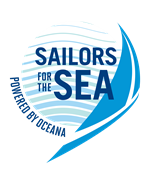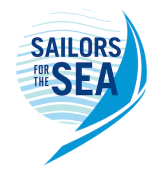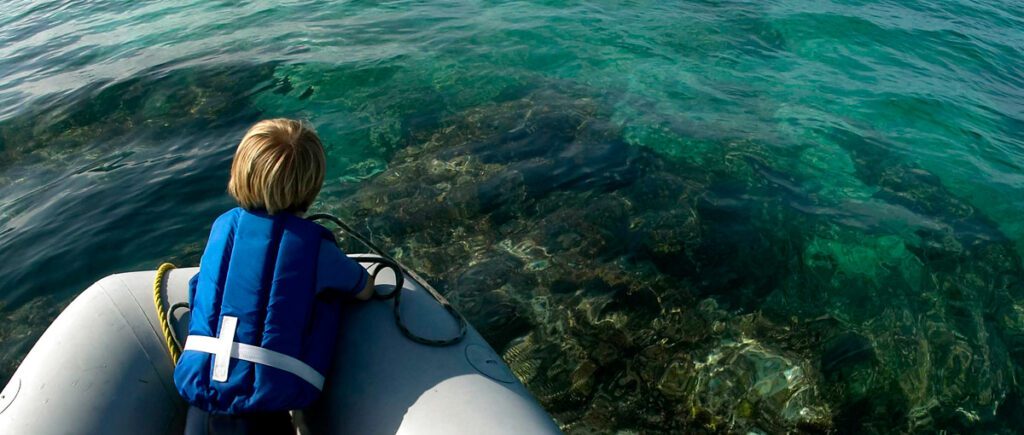Hudson River Community Sailing
September 28, 2015 | By: Oceana
This October, Hudson River Community Sailing (HRCS) will be holding a Clean Regatta as part of their Sailing for Scholars Gala and Regatta. The event will take place on October 15-17, 2015, and proceeds from both the Gala and Regatta will go towards HRCS’s Youth Programs, which provide math and science education to 120 high school students in New York City through sailing and boatbuilding. HRCS students not only learn to calculate current speed, repair an outboard engine, and assistant teach in our summer camp—they also learn to speak up for themselves, help run a business, and become leaders among their peers.
HRCS has used STEM (science, technology, engineering and mathematics) as the basis for their education programs since their founding in 2008. Through lessons centered on sailing and boatbuilding, students gain knowledge about algebra, physics, marine ecology, and tides and currents. Marine debris education is also a core part of HRCS’s curriculum. Students learn to identify and source types of debris found in the Hudson, and gather samples of detritus in nets they take out on the water while sailing.
Alex Baum, HRCS’s Youth Program Director, sees marine debris education as a way to give students a visual sense of the ebb and flow of the Hudson. “We are looking at it, in one sense, as a global issue,” Baum said, “but in another sense, as a local issue, recognizing that a lot of the debris they find will be from the area.” Partnering with Sailors for the Sea is a natural fit for HRCS, and they are proud to make their annual fundraising event a Clean Regatta.
For more information on the Gala and Regatta, please click here. You can support HRCS’s Youth Development and on-water ecology programs by attending the Gala, donating to or sponsoring a boat in the Regatta, or watching the race from their Spectator Boat.
If you are interested in downloading marine science lesson plans similar to those pictured here, check out our KELP (Kids Environmental Lesson Plans) program.




